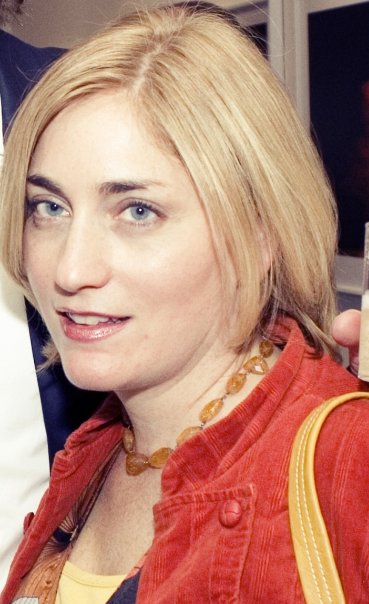In this ongoing series, Critical Mass asks critics to name five books that should be found in any reviewer's library. Herewith is Liesl Schillinger's response.
 Attention-seeking multitudes, rejecting the hierarchies and tastes of old-fashioned elites, have usurped the task of “the relatively refined creation of human culture, previously reserved to lesser groups,” and the “multitude has suddenly become visible, installing itself in the preferential positions in society.” That means that, “There are no longer protagonists; there is only the chorus.”
Attention-seeking multitudes, rejecting the hierarchies and tastes of old-fashioned elites, have usurped the task of “the relatively refined creation of human culture, previously reserved to lesser groups,” and the “multitude has suddenly become visible, installing itself in the preferential positions in society.” That means that, “There are no longer protagonists; there is only the chorus.”
Who’s talking, when, and in what context? Could it be Clay Shirky, NYU’s prophet of the communications revolution, speaking of the rise of digital media and the transformations of the new publish-then-filter paradigm? It could be, but it’s not.
It's José Ortega y Gasset, the bourgeois, liberal Spanish philosopher, addressing the transformation of taste at the dawn of the age of mass culture, in his 1930 book The Revolt of the Masses. Ortega y Gasset's meditations on the direction of modern creative output–not only in The Revolt of the Masses but also in the essay “The Dehumanization of Art” (in which he asserts that modern art was unpopular in his era because it rejected the facile human cast that colored art, music, and literature in the nineteenth century)–sit beside my desk at all times.
I’ve been asked to name five books that critics should have on hand, as they weigh the work of the writers of our day. To me, Ortega y Gasset’s essays are indispensable, and are more relevant today than they were when he first wrote them. He grudgingly emphasized the need for art to adapt to its times: “It is merely capricious, thus sterile, to resist this new style and insist on immuring oneself within forms that are already archaic and hidebound,” he wrote in “The Dehumanization of Art.” “We have to accept the imperative of work that our own era imposes; submissiveness to his own period offers the individual his only chance of achievement. Even so he may still achieve nothing; but his failure is much more certain if he were to compose one more Wagnerian opera, or yet another naturalistic novel.”
Apart from Ortega y Gasset, I often consult a battered, much-underlined and creased college textbook called An Introduction to Early Greek Philosophy (ed. John Mansley Robinson), which contains fragments and explanations of the writings of pre-Socratic philosophers. These men—such as Xenophanes, Heraclitus and Democritus— tried to identify primary laws of the natural world, and to establish man’s place in it. The fact that they were often wrong doesn’t diminish the grandeur of their struggle. When I’m reading a novel, I often think back to one of their fertile pronouncements; such as: “The living creature is a world-order in miniature;” or “The people ought to fight for the law as they would for their walls;” or, “He who does wrong is more wretched than he who is wronged.” Nearly every fragment wrestles with a complex human principle or problem, which is also the task of the novelist.
For similar reasons, I can’t imagine not having a Bible on hand; both for the beauty of the writing (Isaiah, Psalms, etc.) and because of the biblical resonances and direct allusions that pervade so much fiction.
As for the other two critics’-bookshelf staples; I would say only that any book you have read, fiction or non-fiction, that has made a strong impression on you should remain in your library. In the course of reviewing, I often pull a dusty Shakespeare play from the shelf—or a Mitford letters collection; or a World War II history; or a Flaubert travelogue; or a novel by Naipaul, Graham Greene, Goethe, or Wodehouse—to confirm a fleeting impression of kinship. I like to consider a book in the context of its ancestors, peers, and associations; and to review it in the context of its times and its audience.


